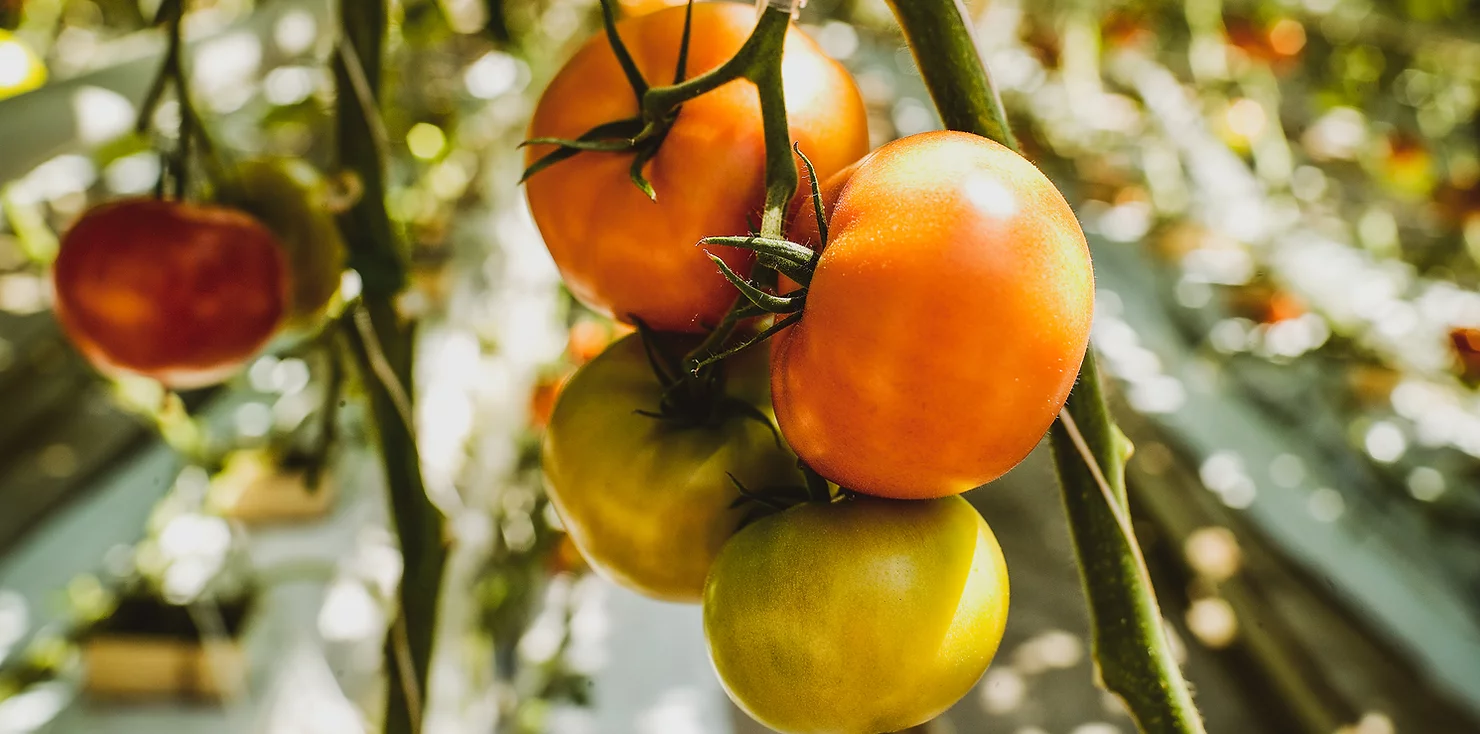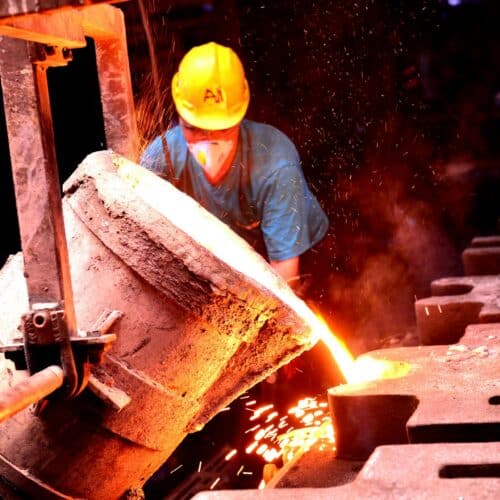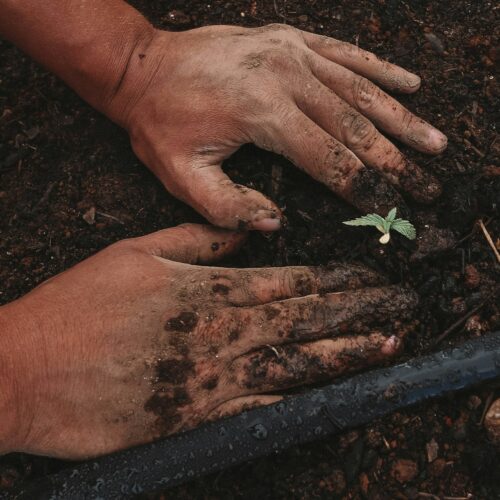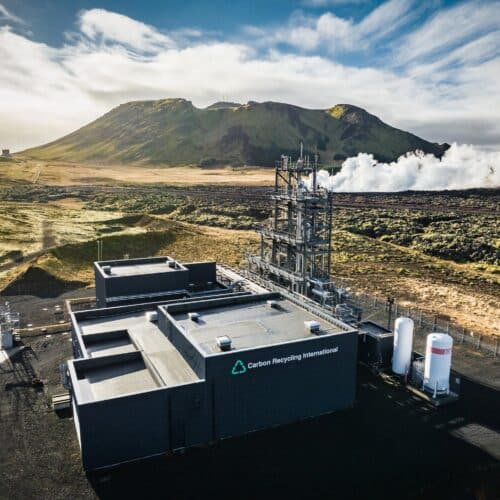In 1919, Isaac Carasso began making yogurt to help children with intestinal infections. He sold his first yogurts in pharmacies before expanding into grocery stores throughout Barcelona.
From its beginning, the company’s purpose was: to bring health through food to as many people as possible.
This purpose still holds today.
Fast forwarding a century, Dannone has grown to a 25 billion euro global company.
Their mission is: One Planet. One Health. This is a call to join the food revolution aimed at nurturing the adoption of healthier, more sustainable eating and drinking habits
They believe that the health of people and the health of the planet are interconnected.
Using its purpose as a north star, Dannone established an Environmental, Social, and Governance (or ESG) strategy. Danone defined nine 2030 ESG moonshots focused on some of the world’s most critical issues.
I want to highlight just one of their goals. Regenerative agriculture. It is a great example of integrating sustainability into how they do business.
First, why does regenerative agriculture matter?
Farming can be one of the biggest carbon sinks we have—sucking CO2 out of the atmosphere—if we change the way we do it.
Right now the majority of farm production is through monocropping. Monocropping is a farming system of planting one type of crop for acres and acres. The uniformity allows for very efficient harvesting, but this method doesn’t protect soil health. Plus, it displaces the rich ecosystem—fungi, plant, insect and animal—that is naturally self-sustaining.
So, what is regenerative agriculture?
It means farming in nature’s image.
It means intelligent agriculture. Planting crops together that are symbiotic.
Things that grow well together make each other stronger, increase soil health and CO2 absorption, and provide multiple revenue streams to the farmer.
Since the majority of global farmers are small shareholders, this shift in farming can have a huge impact on lifting people out of poverty.
In 2019, 50% of Danone’s global reduction in CO2 emissions were due to supporting regenerative agricultural practices.
Instead of buying carbon offsets, they are creating a sustainable supply chain that benefits the environment (instead of depleting it). Their strategy is integrated into their operations. Their approach is fixing a broken system, not putting a bandaid on it.
Danone is a successful global company that’s been around for over a hundred years.
They aren’t looking backward and reusing the strategies that got them to this point.
Instead, they are continuing to evolve the way they do business. They are setting higher ambitions and leading by example.




